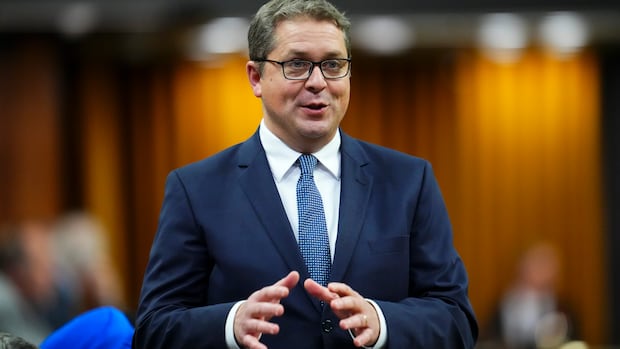Prime Minister Mark Carney rolled out a series of measures on Friday that he says will transform Canada’s economy into a force that can withstand the trade shocks of the Trump administration.
The measures announced in the strategy have been targeted to specifically help workers and businesses that have been most impacted by U.S. President Donald Trump’s tariffs and trade disruptions.
“Canada is building the strongest economy in the G7, one that is less reliant on foreign powers and more resilient in the face of global shocks,” Carney said in a statement.
“In the face of uncertainty around the world, we are ensuring that our workers and businesses will prosper by building Canada’s strength at home.”
A noteworthy part of the plan is to pause the electric vehicle (EV) mandate to meet a demand by the auto industry. The strategy waives the mandate for the 2026 model year and launches a 60-day review of the policy.
The mandate requires the number of new ZEVs (zero-emission vehicles) sold in Canada to hit 20 per cent by next year, 60 per cent by 2030 and 100 per cent by 2035 in order to help the country hit its emission-reduction targets.
A government release explains that the EV pause and other measures in the strategy will help workers acquire new skills, businesses retool and spur more domestic demand.
The new industrial strategy also includes:
- A “reskilling package”: The government will extend employment insurance benefits and make them more flexible, launch a digital jobs training program and help 50,000 workers update their skills.
- A strategic response fund: The government says it will invest $5 billion into a new fund that will help tariff-affected industries adapt and train their workforce.
- A new “Buy Canada policy”: The measures will require the federal government to use Canadian suppliers and will also “provide a roadmap” so provincial and municipal governments do the same.
- Extending Business Development Bank of Canada loans: Small and medium-sized businesses will be able to access more capital and will get more flexibility in paying it back. They will also get $1 billion in additional support over three years.
- Agriculture relief: There will be a new $370-million biofuel production incentive, and clean fuel regulations will be amended to help the biofuels industry. Canola will also get relief support from the federal government to help it bear China’s 75.8 per cent tariff on Canadian canola.






